Countries of region mark Day of Dissapeared
Serbia, Croatia and Bosnia are marking International Day of the Dissapeared under the join slogan, "Disappearance is not oblivion! Let us find our loved ones!"
Thursday, 30.08.2012.
12:29

BELGRADE Serbia, Croatia and Bosnia are marking International Day of the Dissapeared under the join slogan, "Disappearance is not oblivion! Let us find our loved ones!" The message will be sent to appropriate domestic and foreign institutions in the form of a commemorative card from the ceremonies held in Belgrade, Mostar, Bosnia-Herzegovina and Vinkovci, Croatia. Countries of region mark Day of Dissapeared An open letter will also be sent from these events, organized by the Regional Coordination of Associations of the Families of Missing Persons, to international institutions, the EU and executive authorities in the region. In the letter, the families of missing persons request that the EU set the exchange of information and documents on missing persons, exhumations and identification of the bodies as a requirement for EU accession. They want the international community to pressure the countries of the region financially and politically to complete the search for the missing as soon as possible, and they ask the executive authorities and political parties in their countries to uphold the law, agreements and strategy for solving the issue of the missing persons and to accept the Declaration on Missing Persons. Representatives of the Coordination of Serbian Associations will first hold a news conference on Thursday, where they will point out the current problems regarding the search for missing persons. The central event will be held at 12:05 CET at Savski Plato, in Belgrade, as well as in the Serb enclave of Gracanica in Kosovo. According to information from the International Committee of the Red Cross (ICRC), there are 12,656 missing persons in the Western Balkans, and a third of them, or 4,000 bodies, still await identification. Head of the regional office of this humanitarian organization Dragana Kojic told Tanjug 8,603 were missing in Bosnia-Herzegovina and 2,282 in Croatia. 1,771 persons were reported missing in Kosovo. ICRC has received 34,883 reports on missing persons since the start of the conflicts in the former Yugoslavia, she remarked, adding that 22,227 cases had been closed by the end of July 2012. Of that figure, 3,565 were found alive, while 324 cases were closed for administrative reasons (mostly double names). According to the data from the International Committee on Missing Persons, the fate of around 14,000 missing in the region has not been determined, while the Serbian government committee on missing persons has 13,137 people on its list. Representatives of the Regional Coordination of Associations of the Families of Missing Persons explained at a news conference on Wednesday the differences originated from the fact that there was no joint database on missing persons in the region. Lack of political will is still the biggest stumbling block in the search for the missing, they noted, stressing that the governments did not want to address the issue because they would incriminate themselves in doing so. The Coordination believes only a joint regional approach can settle the missing persons issue once and for all. The day is marked in Belgrade (Tanjug) 4,000 Serbs are among missing persons About 4,000 of the missing persons from the territory of the former Yugoslavia are Serbs, President of the Serbian government's Missing Persons Commission Veljko Odalovic has said. Odalovic, who spoke as International Day of the Disappeared is being marked, noted that that a major problem in finding and identifying missing persons was the obviously shared unwillingness of all the countries in the region to deal with these issues in a more responsible and transparent manner. The commission's data speak about the fates of a total of 13,137 persons who went missing in Croatia, Bosnia and Herzegovina (BiH), and in Kosovo and Metohija still being unresolved, and of about 5,000 bodies all over the entire former Socialist Federative Republic of Yugoslavia (SFRJ) territory awaiting identification. A total of 530 persons of Serb and other non-Albanian ethnicities have been reported to the commission as missing in Kosovo, 398 Serbian citizens were reported as missing in Croatia and 1,200 more Serbs were reported as missing by their families who are currently living as refugees in Serbia. A total of 95 Serbs are being sought for in Bosnia, while data by a relevant commission in Banja Luka speak about more than 1,700 Serbs vanishing without a trace. Of the 5,000 unidentified bodies, over 900 are located in Zagreb, more than 3,000 of them are in Sarajevo and Visoko, about 400 in Pristina and around 600 in Banja Luka, Odalovic said in an interview for Tanjug. On the other hand, there is not a single unidentified body in Belgrade, Odalovic said, adding that excavations at Perucac, the Petrovo Selo village and Batajnica were completed with 97 percent of identification attempts found to be exact. “The bodies were handed over to their families, while from the bodies exhumed from the graves along the Sava and Danube rivers, we took a bone sample and then returned them to where they were found and now we are waiting for identification,” said Odalovic. He added that there were about 100 of unidentified bodies located at places where they had been buried. Nevertheless, Odalovic is not satisfied and believes that more needs to be done to find and identify the missing, since to continue at the current pace would mean that the cases of missing persons would remain unanswered for decades. At present, the situation is worst in Kosovo, due to the lack of relations with the relevant state commission there, and also because of the "narrowness of Kosovo's society, which is unprepared to face the crimes", he said. “I am aware that opening the process and pointing to the perpetrators of the crimes and kidnappings could lead to the very top of Kosovo's institutions, but the sooner this is overcome, the sooner room will be made where it will much easier to talk about all other issues,” he said. It is vital for Serbia that light be shed on the Yellow House and illegal human organ trade issue, and a full investigation of this case is necessary because of the credibility of the international community, which had a mandate in Kosovo at the time, he said. Speaking about the exhumation in Zilivode in central Kosovo, Odalovic said that the recent fire at the location had made him concerned and stressed that the investigation of the case had to be carried through to the end. EULEX spoke about the Zilivode site containing at least 26 bodies of Kosovo Serbs missing from 1998, he said. “The location was closed off a month and a half ago, but no remains have been found in the area so far. We will insist on having the excavations continued,” said Odalovic. Tanjug
Countries of region mark Day of Dissapeared
An open letter will also be sent from these events, organized by the Regional Coordination of Associations of the Families of Missing Persons, to international institutions, the EU and executive authorities in the region.In the letter, the families of missing persons request that the EU set the exchange of information and documents on missing persons, exhumations and identification of the bodies as a requirement for EU accession.
They want the international community to pressure the countries of the region financially and politically to complete the search for the missing as soon as possible, and they ask the executive authorities and political parties in their countries to uphold the law, agreements and strategy for solving the issue of the missing persons and to accept the Declaration on Missing Persons.
Representatives of the Coordination of Serbian Associations will first hold a news conference on Thursday, where they will point out the current problems regarding the search for missing persons. The central event will be held at 12:05 CET at Savski Plato, in Belgrade, as well as in the Serb enclave of Gračanica in Kosovo.
According to information from the International Committee of the Red Cross (ICRC), there are 12,656 missing persons in the Western Balkans, and a third of them, or 4,000 bodies, still await identification.
Head of the regional office of this humanitarian organization Dragana Kojić told Tanjug 8,603 were missing in Bosnia-Herzegovina and 2,282 in Croatia. 1,771 persons were reported missing in Kosovo.
ICRC has received 34,883 reports on missing persons since the start of the conflicts in the former Yugoslavia, she remarked, adding that 22,227 cases had been closed by the end of July 2012.
Of that figure, 3,565 were found alive, while 324 cases were closed for administrative reasons (mostly double names).
According to the data from the International Committee on Missing Persons, the fate of around 14,000 missing in the region has not been determined, while the Serbian government committee on missing persons has 13,137 people on its list.
Representatives of the Regional Coordination of Associations of the Families of Missing Persons explained at a news conference on Wednesday the differences originated from the fact that there was no joint database on missing persons in the region.
Lack of political will is still the biggest stumbling block in the search for the missing, they noted, stressing that the governments did not want to address the issue because they would incriminate themselves in doing so.
The Coordination believes only a joint regional approach can settle the missing persons issue once and for all.
4,000 Serbs are among missing persons

Odalović, who spoke as International Day of the Disappeared is being marked, noted that that a major problem in finding and identifying missing persons was the obviously shared unwillingness of all the countries in the region to deal with these issues in a more responsible and transparent manner.
The commission's data speak about the fates of a total of 13,137 persons who went missing in Croatia, Bosnia and Herzegovina (BiH), and in Kosovo and Metohija still being unresolved, and of about 5,000 bodies all over the entire former Socialist Federative Republic of Yugoslavia (SFRJ) territory awaiting identification.
A total of 530 persons of Serb and other non-Albanian ethnicities have been reported to the commission as missing in Kosovo, 398 Serbian citizens were reported as missing in Croatia and 1,200 more Serbs were reported as missing by their families who are currently living as refugees in Serbia. A total of 95 Serbs are being sought for in Bosnia, while data by a relevant commission in Banja Luka speak about more than 1,700 Serbs vanishing without a trace.
Of the 5,000 unidentified bodies, over 900 are located in Zagreb, more than 3,000 of them are in Sarajevo and Visoko, about 400 in Priština and around 600 in Banja Luka, Odalović said in an interview for Tanjug.
On the other hand, there is not a single unidentified body in Belgrade, Odalović said, adding that excavations at Perućac, the Petrovo Selo village and Batajnica were completed with 97 percent of identification attempts found to be exact.
“The bodies were handed over to their families, while from the bodies exhumed from the graves along the Sava and Danube rivers, we took a bone sample and then returned them to where they were found and now we are waiting for identification,” said Odalović.
He added that there were about 100 of unidentified bodies located at places where they had been buried.
Nevertheless, Odalović is not satisfied and believes that more needs to be done to find and identify the missing, since to continue at the current pace would mean that the cases of missing persons would remain unanswered for decades.
At present, the situation is worst in Kosovo, due to the lack of relations with the relevant state commission there, and also because of the "narrowness of Kosovo's society, which is unprepared to face the crimes", he said.
“I am aware that opening the process and pointing to the perpetrators of the crimes and kidnappings could lead to the very top of Kosovo's institutions, but the sooner this is overcome, the sooner room will be made where it will much easier to talk about all other issues,” he said.
It is vital for Serbia that light be shed on the Yellow House and illegal human organ trade issue, and a full investigation of this case is necessary because of the credibility of the international community, which had a mandate in Kosovo at the time, he said.
Speaking about the exhumation in Žilivode in central Kosovo, Odalović said that the recent fire at the location had made him concerned and stressed that the investigation of the case had to be carried through to the end.
EULEX spoke about the Žilivode site containing at least 26 bodies of Kosovo Serbs missing from 1998, he said.
“The location was closed off a month and a half ago, but no remains have been found in the area so far. We will insist on having the excavations continued,” said Odalović.















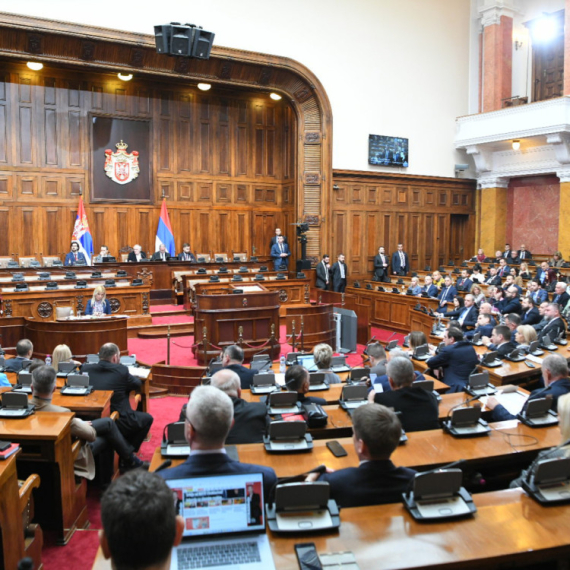

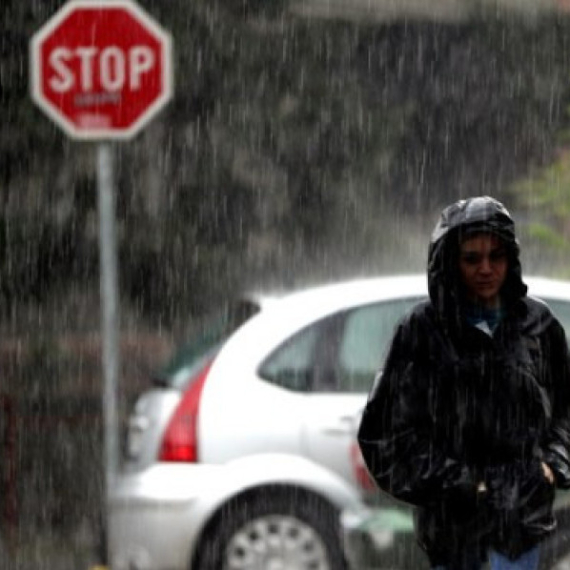


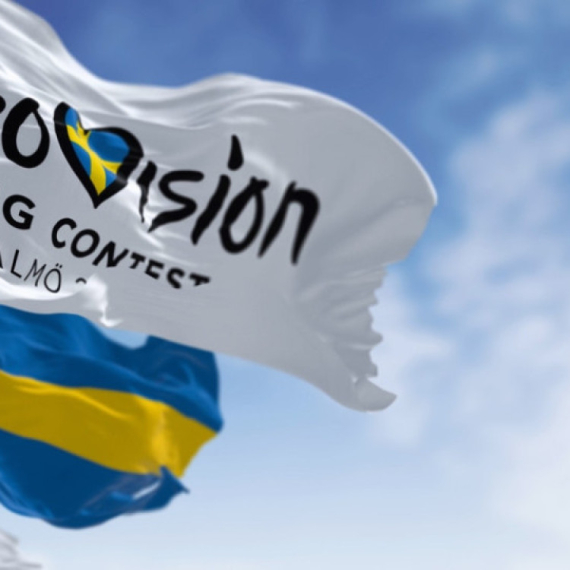








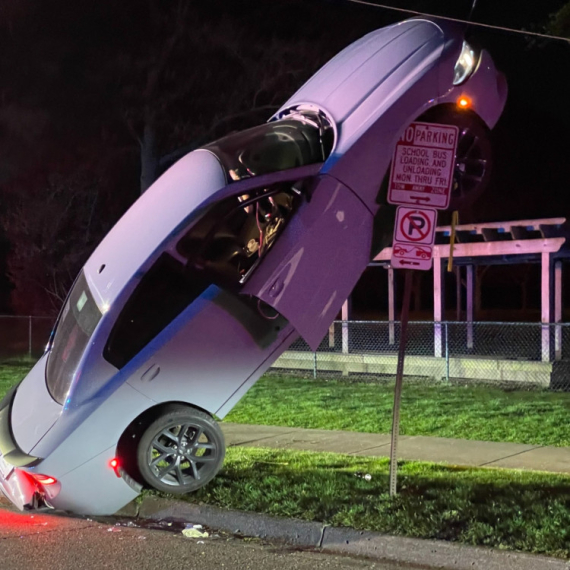

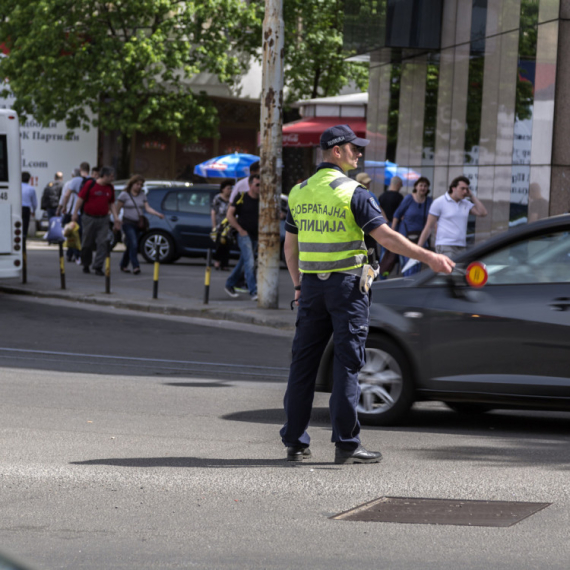



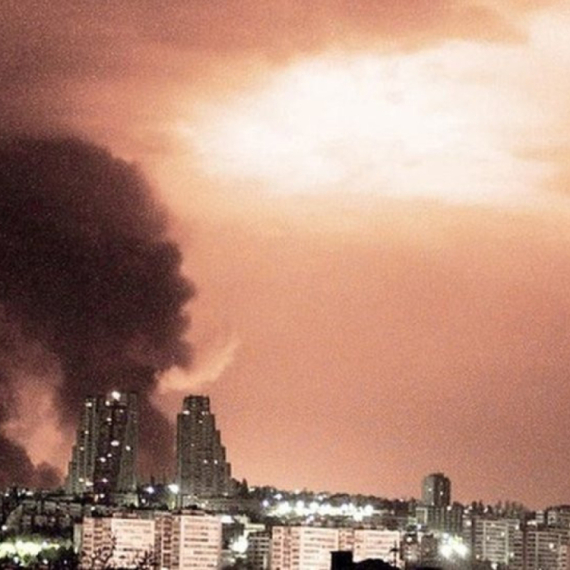
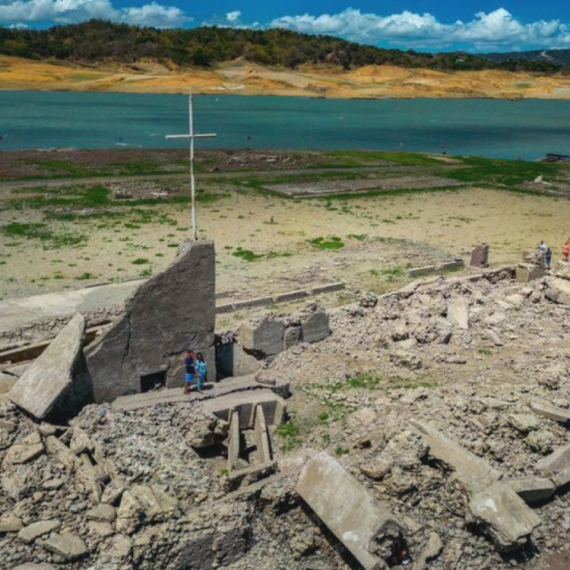


Komentari 0